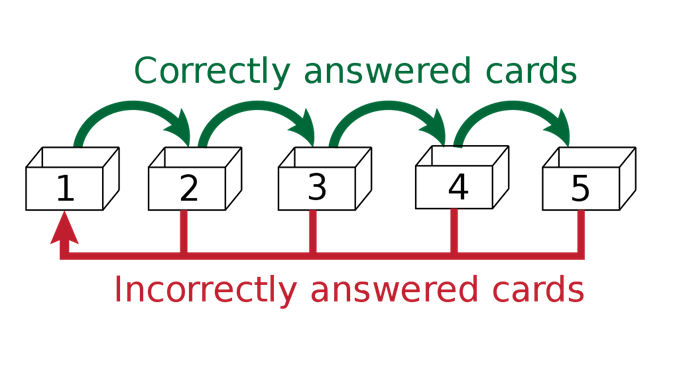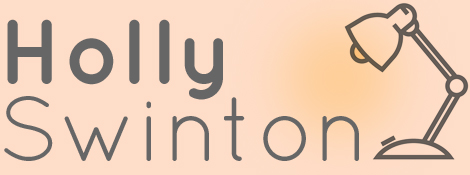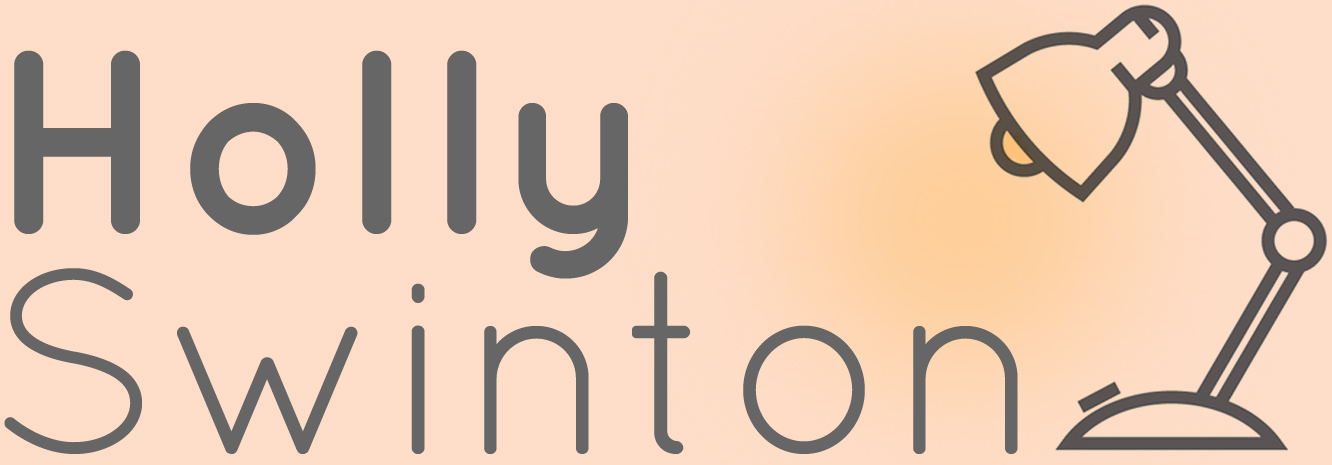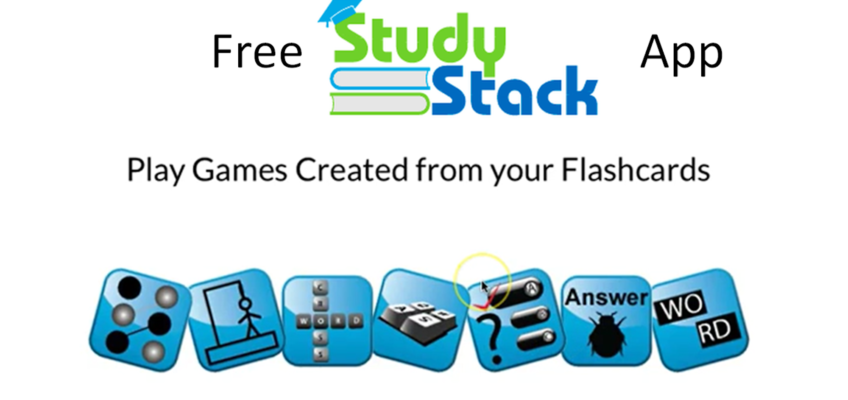More than a decade of tutoring adults, kids and teens (with dyslexia, dyspraxia/DCD, dyscalculia, ADHD, ASD, OCD, anxiety, Asperger’s, 2E, school phobia, sensory processing, auditory processing and normal, boring neurotypical brains) has taught me that everyone needs flashcards.
Here’s my seven reasons why:
(1) Flashcards combine three of the most powerful science-backed revision strategies: self-quizzing, elaborative encoding and spaced learning – click here to read more about these.
The holy grail is them making their own flashcards (in the form of a question with a solution on the back) and looking at them over a period of weeks and months. Teenagers will tell you they learn more from using pre-made cards by others, but they don’t. It is important to work out if they don’t know how to make memorable flashcards or that they just can’t be bothered.
Most of the learning is done in the making of the card. We remember stuff that is odd, funny, vivid, relevant, personal or disgusting. The more memorably and deeply we embed new knowledge, the less time we will need to spend revising it. And vice versa. Don’t embed it well and we will have to revise it over and over and over.
(2) At different ages and stages, flashcards can be used to revise anything important, whether that’s the surface area of a cylinder or the different phonic patterns to help reading and spelling.
If you are really smart then you could do double-sided cards, with a question on each side e.g. How many sides does a hexagon have? What shape has six sides? That way, the answer is part of the question on the back. But it doesn’t matter which side you pick up the card and you get to practice in different ways.
(3) In a time of Covid-19, they might be better off revising rather than learning new stuff. If teenagers have got limited access to a great teacher then I would be ditching the work from school and getting them to start revising. Dyslexics tend to be fast learners and fast forgetters, so this is definitely what they need.
(4) Flashcards can help us avoid falling into the fluency illusion. Reading over your notes, in your room – you end up feeling invincible. You know this! You’ve got this! You get in the exam and can’t remember any of it. You are a victim of the fluency illusion. Instead, research says mix up revision, do it in different places, at different times of day and quiz yourself.
I love the free Study Stack app because you can make your own sets of flashcards and play games with them. Got a spare minute waiting for the bus, the kettle to boil or your computer to load? Play a revision game!
(5) You can cover hundreds, possibly thousands of things. For this, I like Leitner’s Learning Box where flashcards are sorted into groups according to how well we know each one.

We try to recall the solution written on the back of the flashcard. If we succeed, we promote the card to the next group. If we can’t remember we send it back to the first group. Each succeeding group has a longer period of time before we revisit the cards. Click here for some theories about how long you should wait to revisit each different group.
(6) You can play games with them. I like ‘dots and boxes’, whereby you play with a family member or friend, each taking it in turns to draw a flashcard and try to answer the question. If you get it right, you draw a line. Or you could play Os and Xs. Or battleships. Or obstruction. This site has an amazing selection of simple games.
(7) Flashcards are a perfect way to scientifically test which memory strategies work best for them. Do they remember cartoons or acrostics better? Elaborative Encoding is the very posh term to describe the process of linking new information to known information, which is what all memory techniques are based on. Try as many as possible and see what they learn about themselves.



Leave a Reply